Our Mission
The Clinical Psychology Ph.D. Program at the University of Central Florida educates graduate students “to generate and integrate scientific and professional knowledge, attitudes, and skills to further psychological science, professional practice, and human welfare. Graduates are capable of functioning as a scientist and a practitioner, and may function as either or both, consistent with the highest standards in psychology” (National Conference on the Education and Training of Scientist-Practitioners for the Professional Practice of Psychology, 1990). The program is a generalist program with a strong emphasis on assessment and treatment in adults. We do not have any formal tracks within the program (e.g., child, neuropsychology). Our program welcomes the inclusion of students, faculty, and staff from different backgrounds (e.g., racial, ethnic, sexual orientation). In addition, we infuse the latest empirical knowledge about individual differences in demographics and life experiences into our curriculum and clinical/research experiences. Consistent with our departmental mission, we aspire to provide high quality education to include “the dissemination of state-of-the-field theoretical and empirical information, training in the methodological, statistical, and technical skills necessary to conduct psychological research, and practice in the application of psychological knowledge to real-life problems” (National Conference on the Education and Training of Scientist-Practitioners for the Professional Practice of Psychology, 1990). Our program aspires to achieve excellence in research and clinical training and to contribute to and perpetuate science and practice in the field of Clinical Psychology through faculty and graduate student involvement in scholarly and professional activities. We are active contributors to research in Clinical Psychology. We advocate for initiatives that improve the profession of psychology and the welfare of individuals, families, and groups. We also are active members of professional organizations.
Degree Requirements AND PROGRAM INFORMATION
The Clinical Psychology Ph.D. Program is designed to be completed in six years of in-person full-time study (with summer enrollment expected), regardless of whether the student enters with a Bachelor’s or Master’s degree. Students admitted to the program receive a full tuition waiver, a stipend, and health insurance, but are still responsible for paying student fees. The program includes a one-year predoctoral internship to be completed off-campus at an APA accredited internship site. There are a total of 90 semester hours of courses, practica, and research requirements as detailed in our handbook (linked below). A Master’s Thesis and a Dissertation, which represent significant contributions to the field, are both required. Successful completion of the Qualifying and Comprehensive Examination is required prior to initiation of dissertation research.
View CatalogProgram Admissions
The Next Application Deadline is December 1st, 2025 for a start date in August 2026.
The following faculty members will be considering new students for research mentorship in the 2025 – 2026 admissions round:
Dr. Clint Bowers, Dr. Jeffrey Cassisi, Dr. Daniel Paulson, Dr. Kimberly Renk, and Dr. Jacqueline Woerner.
The UCF Psychology Department coordinates the admission process with the UCF Graduate Studies office. In order to enroll in graduate classes, students must have obtained a baccalaureate or higher degree in Psychology, prior to the start of the term for which the student is admitted, from a regionally accredited institution or from a recognized foreign institution. Students without a baccalaureate or higher degree from an accredited institution (or equivalent) are not admitted to graduate degree programs, graduate certificate programs, or graduate nondegree status. If the baccalaureate degree does not include a major in Psychology, students must have completed at least 18 credit hours of Psychology courses at the undergraduate level or above. These courses must include Intro/General Psychology, Research Methods/Statistics, Abnormal Psychology/Psychopathology, and Personality Theory/Psychology. The following courses are strongly encouraged: Social Psychology, Cognitive Psychology, Biological/Physiological Psychology, and Developmental Psychology.
Note for all applicants: Our program requires that History and Systems of Psychology is completed at the undergraduate level with a grade of at least a “B.” This can either be completed prior to starting our program or as an undergraduate course during our program.
We will not accept or consider GRE scores for a start date of Fall 2026.
Successful applicants typically have both strengths and relative weaknesses in their applications, and it is important to view one’s application as a portfolio. The components of the application are as follow:
- Educational history/grades
- Letters of recommendation: Three letters written by people who can speak to your work ethic, range of professional interests, and what it is like to work with you.
- Personal essay: An essay about your research and clinical interests and faculty you may be interested in working with while enrolled in our program.
- Content training: Information about career and research experiences should be highlighted on the CV and personal statement and are often described in an applicant’s letters of recommendation.
At UCF, the applicant’s fit with the goals of the program are a critical component. It is very rare that an application is positively distinguished on all four of the areas described above. To be considered for admission, the program requires having some hands-on research experience outside of a course (e.g., as a research assistant/coordinator) preferably in a topic area which overlaps one of our faculty members who you would like to work with on research (ideally at least a year or two of this experience acquired by time of application). In your essay, you need to highlight that experience in relation to what you’d like to conduct research on if accepted to our program, along with which faculty mentor(s) you’d like to work with for research.
Apply Now Student Admissions, Outcomes, and Other DataNote Regarding National Program Rankings:
Some applicants to doctoral programs in Clinical Psychology may consider national rankings when deciding where to apply for graduate school. Applicants are encouraged to carefully review the methodology used by any national ranking system. For example, the approach used by the U.S. News and World Report relies simply on rankings of programs by the chairs of psychology departments and directors of clinical training (click here for their methodology). As such, their rankings rely purely on the subjective estimation of the reputation of programs by the individuals completing the survey; no specific metrics or objective data are used in the rankings (see additional critiques of these national ranking systems by Malcolm Gladwell and John Byrne).
Only 18% of chairs and directors completed the last iteration of this reputational survey, the lowest of any health profession. As such, the rankings are not representative of the opinions of chairs and directors. The low rankings are due, in part, to the training council representing scientist practitioner and clinical scientist doctoral programs in clinical psychology, the Council of University Directors of Clinical Psychology (CUDCP), passing a resolution in 1995 encouraging programs not to participate in the survey. Given these concerns, we strongly encourage applicants – and others – to ignore national rankings when considering the quality of a doctoral program in Clinical Psychology.
Even with improved methodology, national rankings are likely to be of little use to applicants in identifying their best programs. Instead, applicants need to consider if a program’s goals and objectives align with their goals and objectives. A national ranking system will never be able to capture the individualized strengths and weakness of programs for unique applicants.
Please note that every clinical psychology program accredited by the American Psychological Association must post data on their program website about admissions and outcomes, including time to completion, program costs, internship placement, attrition, and licensure. CUDCP programs are also encouraged to provide information on their selectivity/yield (e.g., # of applicants, offers, matriculated students) and number of students with funding.
Mailing Address
UCF College of Graduate Studies
Millican Hall 230
PO Box 160112
Orlando, FL 32816-0112
Institution Codes
GRE: 5233
GMAT: RZT-HT-58
TOEFL: 5233
ETS PPI: 5233
For more information on the application process, please contact:
Dr. Jeffrey Bedwell
Professor, Department of Psychology
Clinical Psychology Ph.D. Program Director
Director of Clinical Training
Jeffrey.Bedwell@ucf.edu
Handbook
Our Program Handbook contains a wealth of information about our program, covering topics such as:
- The Program Overview
- The Scientist-Practitioner Model
- Training Emphasis
- Program Goals
- Curriculum Goals
- Expectations of Doctoral Students
- Development of Competencies
- Practicum Training
- Internships
Accreditation
The Clinical Psychology Ph.D. Program in the Department of Psychology received initial accreditation by the American Psychological Association (APA) in 2003, for a period of five years. The program then was re-accredited in 2008, 2013, and 2024, and remains accredited with the next re-accreditation process scheduled for 2033.
For information about our accreditation status, you can contact the Commission on Accreditation of the American Psychological Association.
Contact Information
Commission on Accreditation
Office of Program Consultation and Accreditation
750 First Street, NE
Washington, DC 20002-4242
Phone: 202-336-5979
TDD/TTY: 202-336-6123
Fax: 202-336-5978
apaaccred@apa.org
Licensing Disclosure
For information regarding how this program meets the educational requirements to obtain a license as a Psychologist, please see: https://apq.ucf.edu/document/clinicalpsychphd-disclosure/.
One aspect of obtaining a license as a Psychologist in the United States is to achieve a passing score on the national Examination for Professional Practice in Psychology (EPPP), which is typically taken after obtaining a PhD in the field. According to the most recent report from the Association of State and Provincial Psychology Boards, our program’s pass rate across only our first-time test takers (alumni) between Jan 2020 to Dec 2024 was 93% (n = 30 alumni).
Training
The Clinical Psychology Ph.D. Faculty adhere to the belief that research activities are an integral part of being a Clinical Psychologist. Consistent with this belief, the majority of our graduates seek academic- and research-oriented positions after they complete our program. Even for those who take other types of positions and who work in more applied settings, however, Clinical Psychologists must be able to locate and evaluate research literature relevant to evidence-based interventions and best practice in the field of Clinical Psychology.
Training in Clinical Science Training in Clinical PracticeClinical Psychology Research Laboratories
Faculty in Ph.d. Clinical Psychology
-

Jeffrey S. Bedwell
Professor
Program Director
Director of Clinical Training
Clinical Psychology Ph.D. Program -
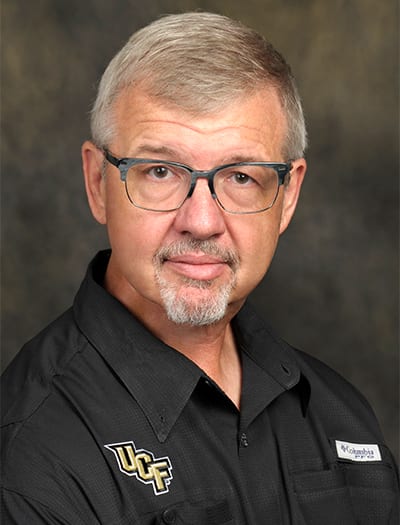
Clint Bowers
Professor -
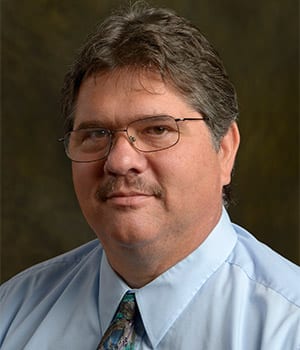
Jeffrey Cassisi
Professor -
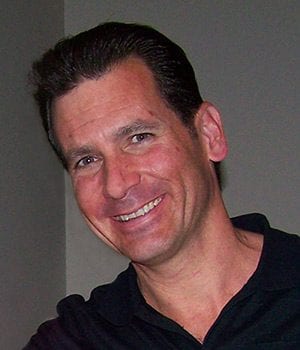
Michael E. Dunn
Professor -
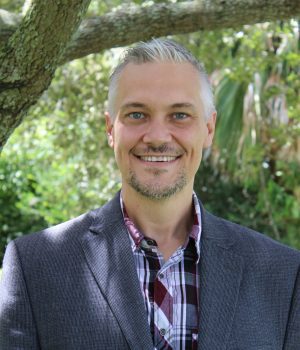
Robert Dvorak
Professor -

Lidia Meshesha
Associate Professor -
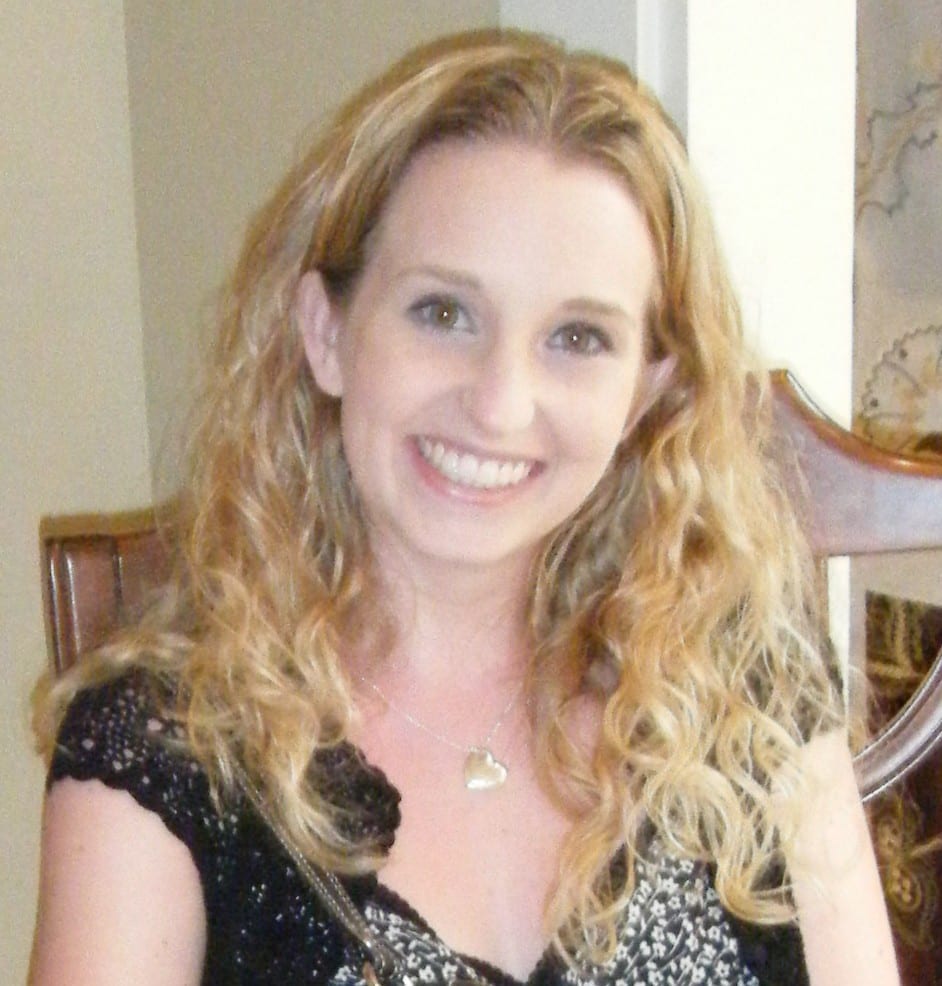
Amie Newins
Associate Professor
Associate Chair -
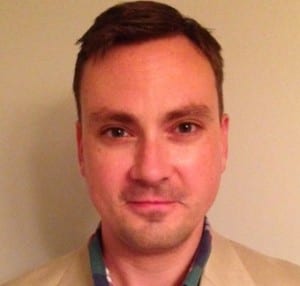
Daniel Paulson
Associate Professor -
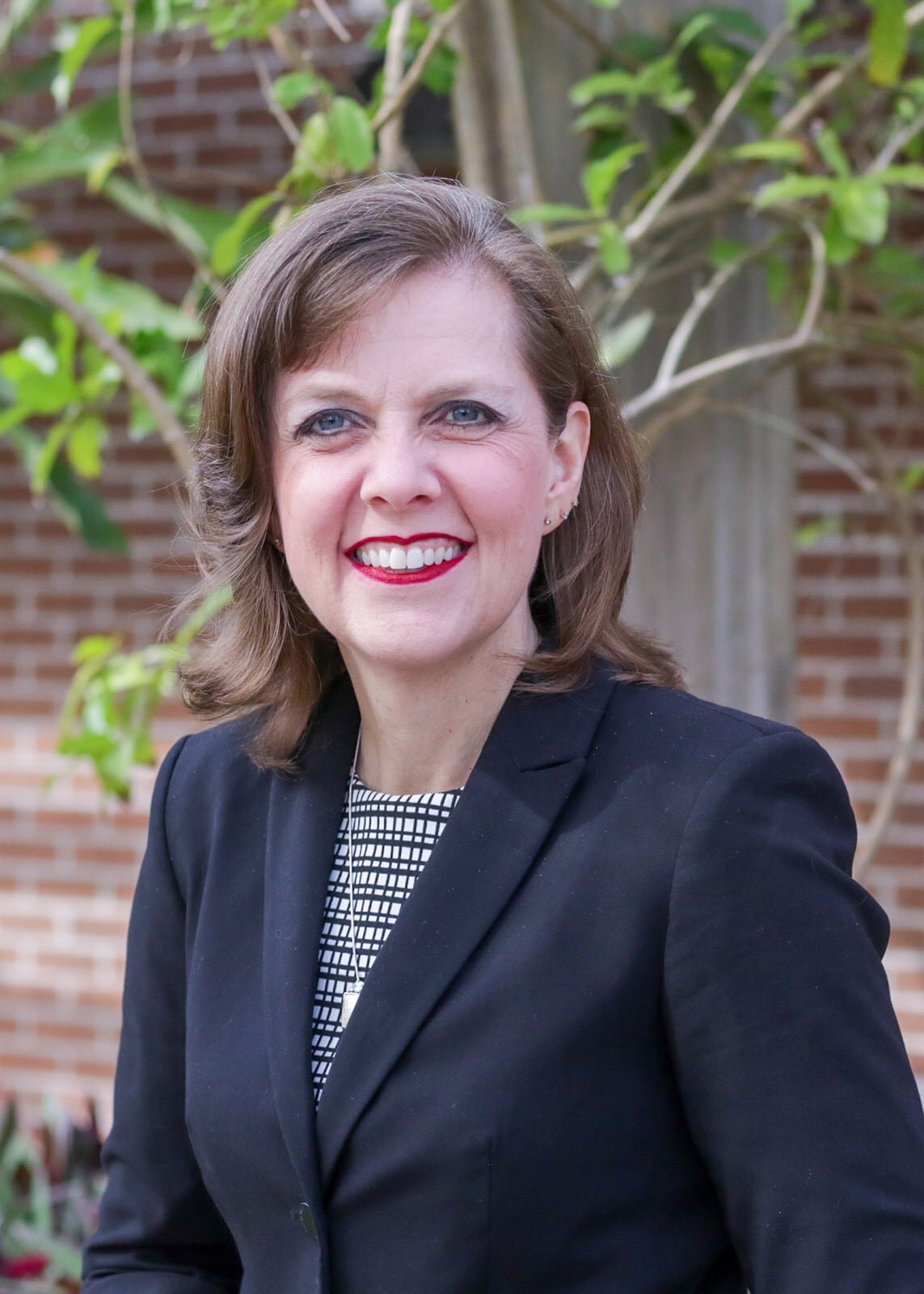
Kimberly Renk
Professor -
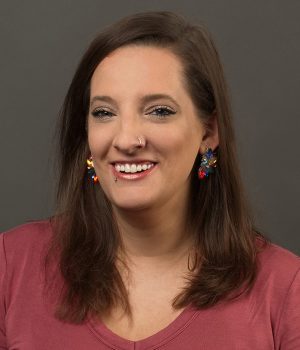
Jacqueline Woerner
Associate Professor

